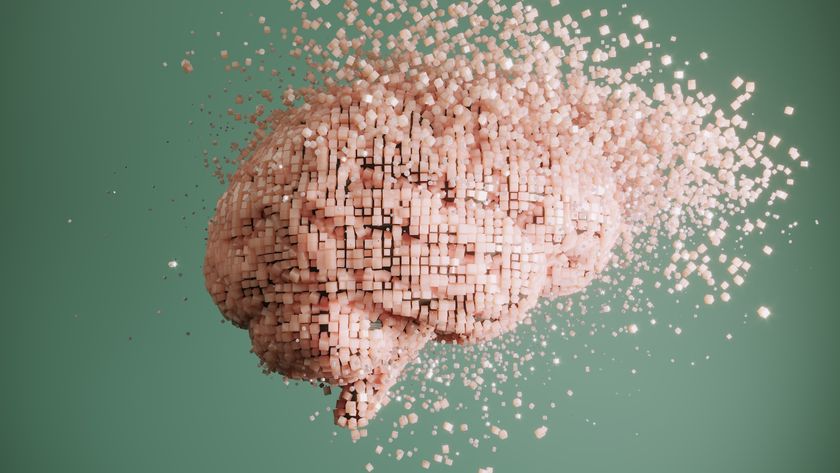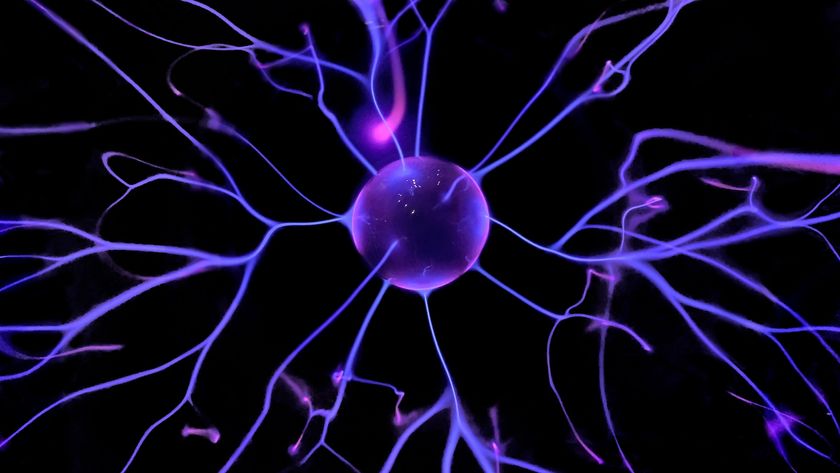Menopausal 'Foggy Brain' Confirmed in Tests

Memory problems are a common complaint of women going through menopause, and now a new study provides more evidence linking mood and hot flashes to loss of memory abilities during menopause.
Researchers found that women who felt their memory wasn't functioning well scored lower in a series of psychological tests of attention and memory. The women's cognitive performance was still within the normal range, but their ratings of their own memory abilities lined up with how well they performed in the tests.
The study also revealed links between memory abilities and mood, and the severity of menopause symptoms. Women who reported more negative emotions did worse on the tests than women who had felt less negative. Similarly, women who experienced severe hot flashes did worse on the tests, compared to women who had fewer hot flashes.
"The good news for women is that there's proof that their perception about their performance is real," said Dr. Margery Gass, the executive director for The North American Menopause Society and a gynecologist at Cleveland Clinic, who was not involved in the study.
In the study, researchers gave eight tests of attention and memory to 68 women, ages 44 to 62, who experienced moderate to severe hot flashes. The women also completed questionnaires about their menopause symptoms, mood and memory.
It's most likely that memory abilities will return to the norm after the menopause transition. But in the meantime, there are ways to ease the problem, Gass said. For example, it might help to address problems such as anxiety and depression and pay attention to sleep quality.
"Women should become proactive, make notes and lists, and make use of the little tricks that helps us perform better," she said.
Sign up for the Live Science daily newsletter now
Get the world’s most fascinating discoveries delivered straight to your inbox.
The study was published online in the journal Menopause.
Follow MyHealthNewsDaily @MyHealth_MHND, Facebook & Google+. Originally published on Live Science.












